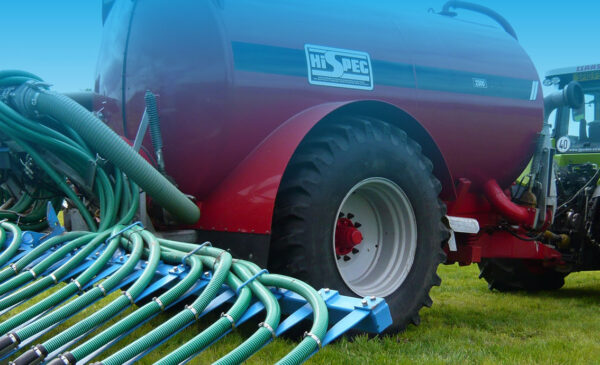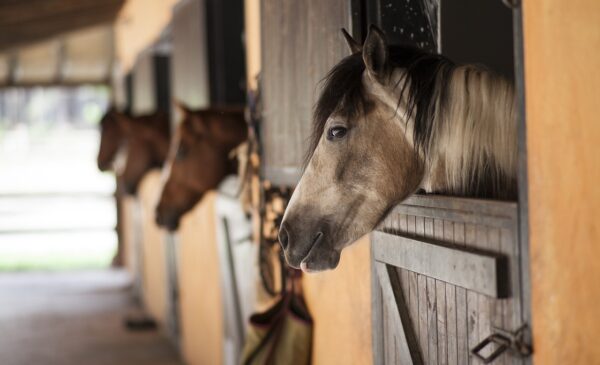
Keeping Equines: reducing pollution risks and managing water
This information is aimed at equine businesses and those running stable yards or liveries to help identify and reduce diffuse pollution risks, improve water management and meet legal responsibilities.
What is diffuse pollution? Diffuse pollution can come from several sources, for example nutrients, dung,…
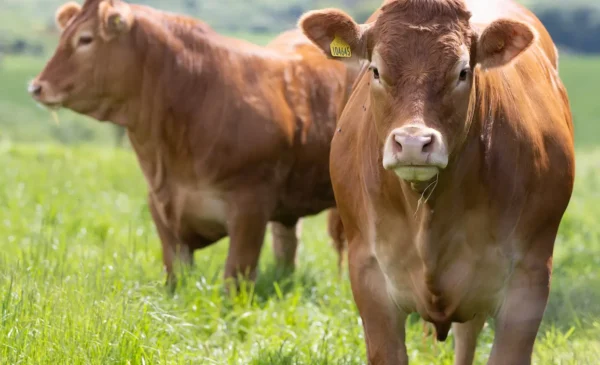
Better Nutrient use: Working it Out
After completing this section, you will know the amount of slurry and manure1 generated by your…
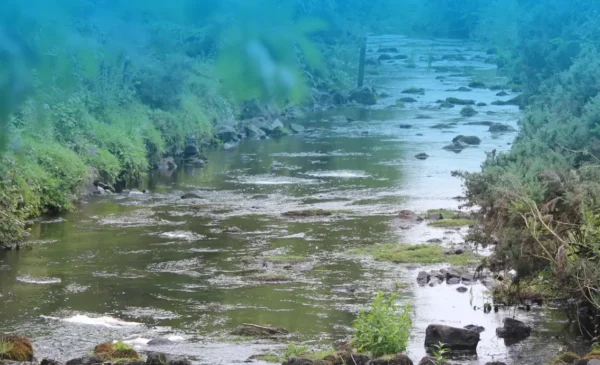
Managing Water Margins
How we manage land can have a big impact on surrounding water quality. Spreading operations…
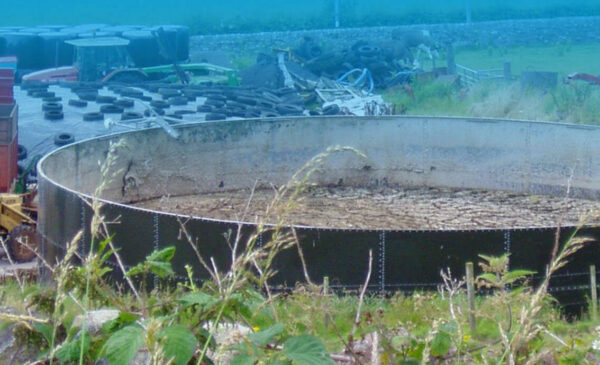
Risk Assessment for Manure and Slurry (RAMS) Map
A RAMS map looks at land suitability and takes into account pollution risks when spreading…
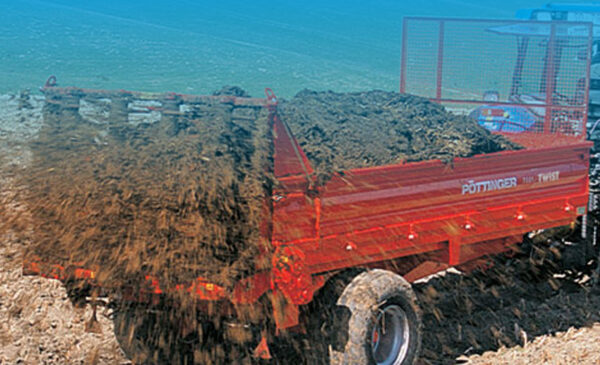
Better Nutrient Use
Livestock manures are a valuable source of nutrients and organic matter, helping to support soil…
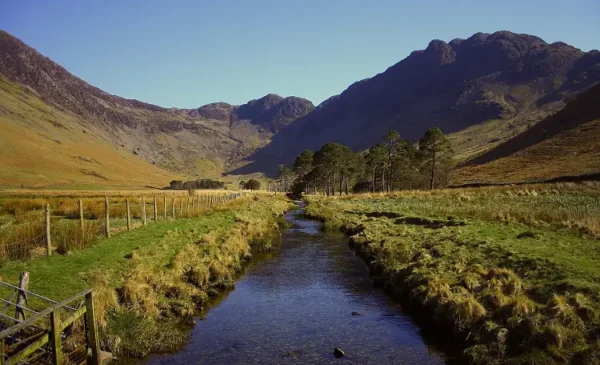
Managing Dirty Water Around the Steading
Dirty water around farm buildings may seem insignificant, but it can contain valuable nutrients and…
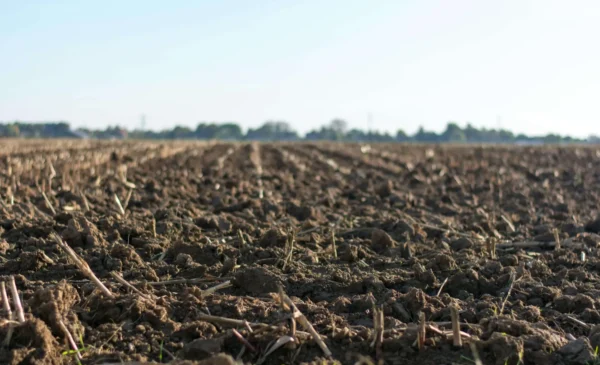
Making best use of nutrients on the farm – a Farm Slurry and Manure Management Plan
Manures and slurries contain valuable plant nutrients. Key to making best use of these nutrients…
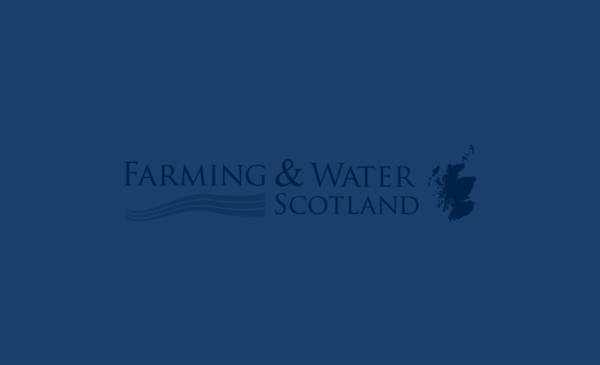
Appendix 6 – Farm Nutrient Management Plan
Adapted from the NVZ Action Programme Regulations 2008. Table 6.1. Typical volumes of excreta produced…

Appendix 5 – Farm Nutrient Management Plan
The NVZ Regulations specify that you must “clearly show on your Risk Assessment Map any…

Appendix 4 – Farm Slurry and Manure Management Plan
Ideally, all farms should have a Farm Slurry and Manure Management Plan (FSMMP) in place…

Appendix 3 – Conversion Factors
Table 3.1 Areas, weights and volumes Metric Imperial 1 hectare (ha) = 2.47 acres 1…

Appendix 2 – Glossary of Terms used in the 4PP
CAR GBRs Controlled Activity Regulations General Binding Rules; diffuse pollution rules often referred to as…

Appendix 1 – Finding out more
Table 1.1 Further information sources of information Useful information Link Alternative Watering Systems Information…


